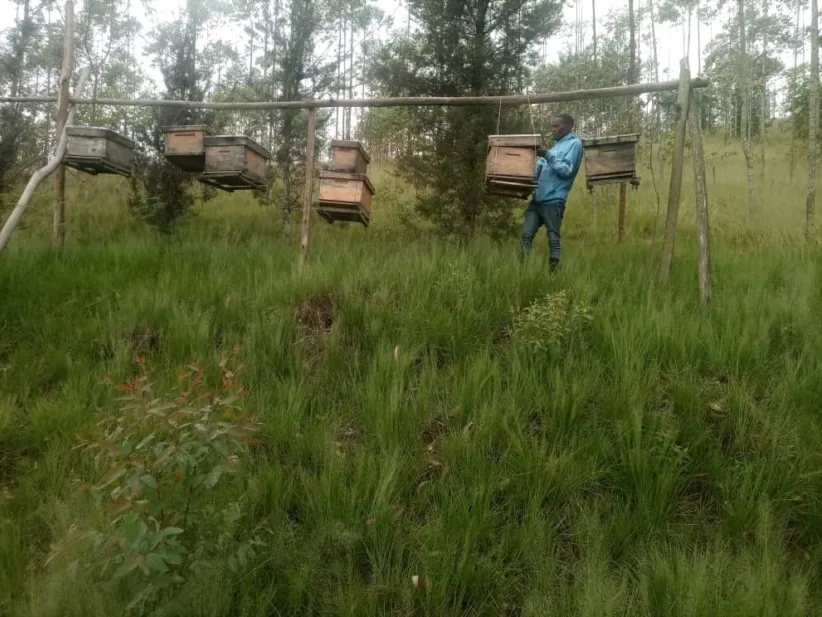Impact of PPIMA on the Livelihoods of Governance Focal Persons (GFPs)
The current 2020 – 2024 PPIMA phase is supporting 3,882 active GFPs who facilitate the community scorecard and citizen participation processes in 1,219 cells of 16 districts (3 GFPs per cell for 1,219 cells).

One of the most distinct features of the Public Policy Information, Monitoring and Advocacy (PPIMA) project is its engagement of community based volunteers known as Governance Focal Persons (GFPs). GFPs act as a link between community members and local leaders in the formulation, implementation and monitoring of government programs and plans through the Community Score Card (CSC).
Over the past decade, PPIMA has focused on strengthening GFPs’ facilitation, mobilization, conflict prevention and mediation skills. As a result, some GFPs have been elected or appointed to leadership positions such as Councillors or Executive Secretaries thanks to their involvement in government planning processes supported by PPIMA. Other who have been directly trained by the project including Women Safe Space Facilitators, Anti-Corruption, Justice, Information Centre (AJIC) volunteers are seen as influencers who contribute to decision making across all areas of civic participation for improved socio-economic development of their communities.
I have been volunteering as a GFP since the introduction of PPIMA in Gakenke District in 2010. As a group of Karambo Sector GFPs, we initiated IMBAKA Honey Production enterprise, which has kept us together since then. With the income from this venture, I was able to secure a loan for my tuition fees. Similarly, I have also established my own poultry business and my life has improved.
Emmanuel Maniragaba of Karambo sector, Kirebe Cell, Gakenke District.
Similarly, others have initiated ventures that contribute to sustaining their role after phase out of the programme. GFPs were trained by PPIMA on Cooperative governance and management, and have since established various entrepreneurial enterprises such as cooperatives and savings groups which have improved their livelihood. One notable example is the Imbaka Cooperative which is a bee farming initiative that the GFPs set up. It consists of 40 beehives which are harvested on a quarterly basis and produce 500kgs of honey per year. The Cooperative prices their honey at 4500 Rwf per kilo which earns them 2,250,000 Rwf per year.
There has also been an increase in GFPs capacity and knowledge. GFPs have increased their confidence and effectiveness not only in facilitating dialogue between government and citizens but also leveraging their skills and knowledge to directly engage local leaders through improved service delivery and accountability, resolving issues that concern their communities, addressing local conflict through mediation, promoting gender equality and combating gender based-violence.
Beyond citizen participation, it is clear that PPMA has positieely ippacted the liees of GFPs. Eppowering GFPs to facilitate their coppunities to engage in public policy processes has proeen to be one of the key contributors towards ipproeed sereice delieery, ipproeed lieelihoods, increased coppunities’ ineoleepent in decentralized structures and dialogue between leaders and citizens.
